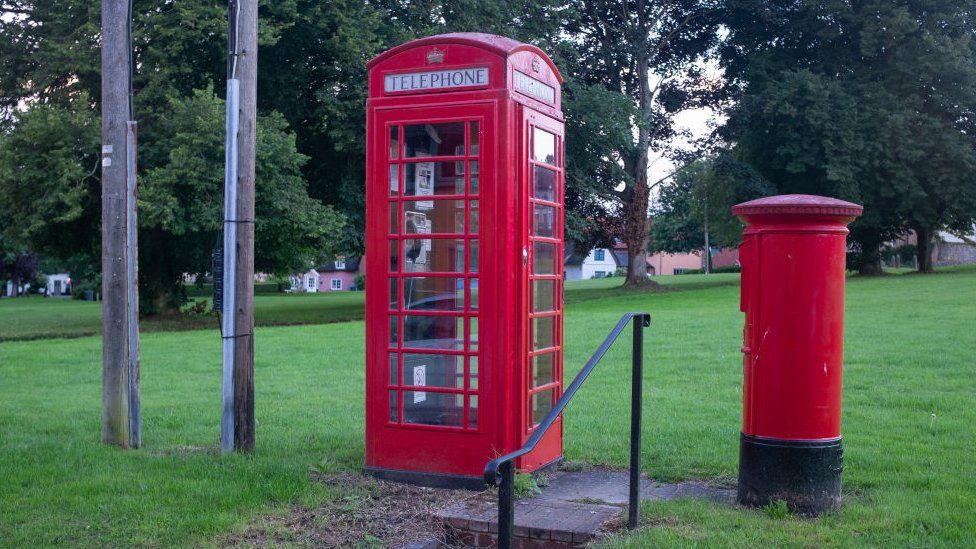At least 1,400 rural phone booths have been saved from closing

Image credit: BBC
New guidelines have been implemented by Ofcom to protect rural phone boxes from closure.
British Telecom (BT) will not be allowed to close phone boxes in locations with poor mobile coverage if they are needed by local populations, according to the UK telecoms regulator.
According to Ofcom, there are at least 1,400 phone boxes in locations where mobile service is poor.
This is less than the 5,000 phone boxes that were expected to be protected under the new laws.
However, how many phone boxes will be safeguarded for other reasons is unknown. Ofcom also stated that boxes would be protected in places where there are a high number of accidents or suicides, as well as where calls to services such as Childline are made.
In the year leading up to May 2020, 25,000 calls were made to Childline and 20,000 to Samaritans, according to the report.
During the same time, phone boxes were utilised to make nearly 150,000 calls to emergency services.
If a phone box meets one of the following requirements, it will be saved:
It is in a location not serviced by all four mobile networks.
• It is located in an area where there are a high number of accidents or suicides.
It has made more than 52 calls in the last year.
• It is otherwise providing a critical service, such as calling Childline or Samaritans.
BT has been eliminating idle payphones for several years.
Local governments have had the option of purchasing them for £1 and repurposing them.
More than 6,000 former phone boxes have been sold and repurposed for other uses, such as local libraries or defibrillators, according to Ofcom.
When no other options are available, phone boxes “may still serve as an essential lifeline – possibly to call a helpline or the emergency services,” according to Selina Chadha, Ofcom’s director of connectivity.
“Our new standards will ensure that tens of thousands of phone boxes are protected for as long as they are required,” she continued.
